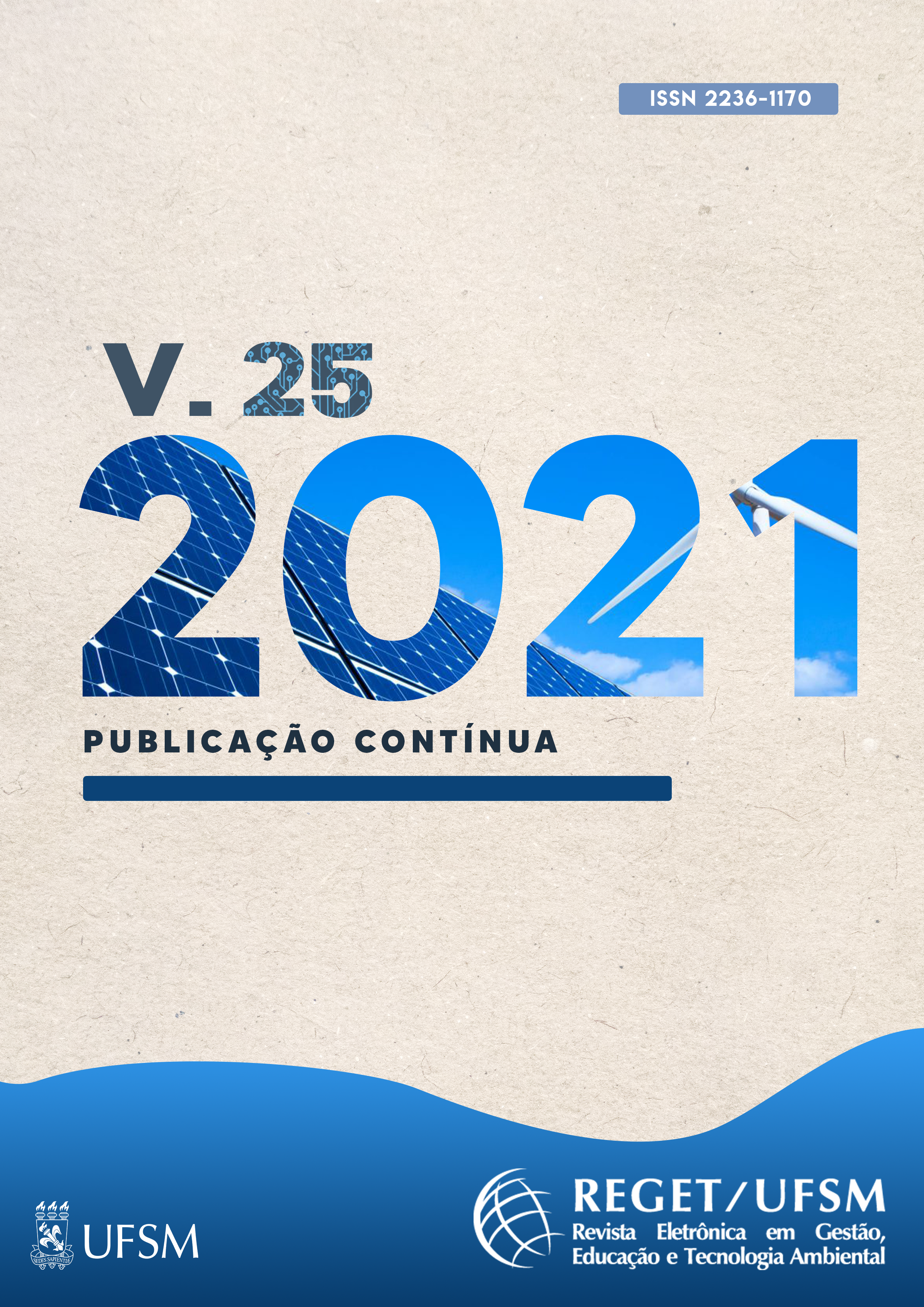Replacement of conventional plastic shampoo packaging for biodegradable ones – a survey.
DOI:
https://doi.org/10.5902/2236117065105Keywords:
biodegradable packaging, environmental awareness, cosmeticAbstract
Packaging is present in our daily lives, however, packaging for cosmetics is based on polymers from petroleum, which cause environmental impacts. A promising alternative would be the usage of biodegradable materials, such as biopolymers packaging. The present work proposed a survey to map public opinion about hygienic products change. 151 people from different segments of society answered the survey (questions related to environmental awareness, possible acceptability of changing traditional shampoos packaging for biodegradable ones). It was also observed the influence of the level of education on these choices. A large part of the participants was willing to accept products encased in biodegradable materials, but these group of people would have caution due to probable increase of price. In addition, there is a correlation between level of education and the attitude towards the environmental perspective, so those who studied more, tend to have more positive attitudes towards the environmentDownloads
References
ARCURY, THOMAS A. Environmental Attitude and Environmental Knowledge. Human Organization, [S. l.], v. 49, n. 4, p. 300–304, 1990.
AURAS, Rafael; HARTE, Bruce; SELKE, Susan. An Overview of Polylactides as Packaging Materials. Macromolecular Bioscience, [S. l.], v. 4, n. 9, p. 835–864, 2004. DOI: 10.1002/mabi.200400043. Disponível em: http://doi.wiley.com/10.1002/mabi.200400043.
BORUNDA, Alejandra. The beauty industry generates a lot of plastic waste. Can it change? 2019. Disponível em: https://www.nationalgeographic.com/environment/article/beauty-personal-care-industry-plastic.
BRITO, Jéssica Hoffmann. Produção e caracterização estrutural, morfológica e térmica de filmes biodegradáveis utilizando amido de caroço de abacate (Persea americana Mill) e bagaço de mandioca (Manihot esculenta Crantz). 2019. [S. l.], 2019.
DE ANDRADE, Roberta Melquiades Silva. Desenvolvimento e caracterização de filmes biodegradáveis à base de resíduos de frutas e hortaliças. 2014. [S. l.], 2014.
DIAS, Lucas Weber; BASSO, Nara Regina de Souza. Preparação de filmes poliméricos biodegradáveis para a aplicação em embalagens para cosméticos. 2017. [S. l.], 2017. Disponível em: http://tede2.pucrs.br/tede2/handle/tede/8178.
FU, Denghao; NETRAVALI, Anil N. Green composites based on avocado seed starch and nano‐ and micro‐scale cellulose. Polymer Composites, [S. l.], v. 41, n. 11, p. 4631–4648, 2020. DOI: 10.1002/pc.25739. Disponível em: https://onlinelibrary.wiley.com/doi/10.1002/pc.25739.
GROSS, R. A. Biodegradable Polymers for the Environment. Science, [S. l.], v. 297, n. 5582, p. 803–807, 2002. DOI: 10.1126/science.297.5582.803. Disponível em: https://www.sciencemag.org/lookup/doi/10.1126/science.297.5582.803.
GUPTA, A. P.; KUMAR, Vimal. New emerging trends in synthetic biodegradable polymers – Polylactide: A critique. European Polymer Journal, [S. l.], v. 43, n. 10, p. 4053–4074, 2007. DOI: 10.1016/j.eurpolymj.2007.06.045. Disponível em: https://linkinghub.elsevier.com/retrieve/pii/S0014305707003850.
IVANKOVIC, Anita; ZELJKO, Karlo; TALIC, Stanislava; BEVANDA, Anita Martinovic; LASIC, Marija. Biodegradable packaging in the food industry. Arch Lebensmittelhyg, [S. l.], v. 68, p. 26–38, 2017. DOI: 10.2376/0003-925X-68-26.
KRAUSE, Daniel. Environmental Consciousness. Environment and Behavior, [S. l.], v. 25, n. 1, p. 126–142, 1993. DOI: 10.1177/0013916593251007. Disponível em: http://journals.sagepub.com/doi/10.1177/0013916593251007.
LIFE, Unwrapped. THE CASE FOR PLASTIC-FREE SHAMPOO AND CONDITIONER. 2019. Disponível em: https://unwrappedlife.com/blogs/blog/the-case-for-plastic-free-shampoo-and-conditioner.
PARKER, LAURA. Em 2040, lixo plástico nos oceanos poderá ser o triplo do atual. national geographic, [S. l.], p. 1, 2020. Disponível em: https://www.nationalgeographicbrasil.com/meio-ambiente/2020/07/em-2040-lixo-plastico-nos-oceanos-podera-ser-o-triplo-do-atual.
SONG, J. H.; MURPHY, R. J.; NARAYAN, R.; DAVIES, G. B. H. Biodegradable and compostable alternatives to conventional plastics. Philosophical Transactions of the Royal Society B: Biological Sciences, [S. l.], v. 364, n. 1526, p. 2127–2139, 2009. DOI: 10.1098/rstb.2008.0289. Disponível em: https://royalsocietypublishing.org/doi/10.1098/rstb.2008.0289.
TANG, X. Z.; KUMAR, P.; ALAVI, S.; SANDEEP, K. P. Recent Advances in Biopolymers and Biopolymer-Based Nanocomposites for Food Packaging Materials. Critical Reviews in Food Science and Nutrition, [S. l.], v. 52, n. 5, p. 426–442, 2012. DOI: 10.1080/10408398.2010.500508. Disponível em: http://www.tandfonline.com/doi/abs/10.1080/10408398.2010.500508.
ZHENG, Q. J. CORRELATION BETWEEN THE ENVIRONMENTAL KNOWLEDGE, ENVIRONMENTAL ATTITUDE, AND BEHAVIORAL INTENTION OF TOURISTS FOR ECOTOURISM IN CHINA. Applied Ecology and Environmental Research, [S. l.], v. 16, n. 1, p. 51–62, 2018. DOI: 10.15666/aeer/1601_051062. Disponível em: http://www.aloki.hu/pdf/1601_051062.pdf.
Published
Versions
- 2022-07-25 (3)
- 2022-07-25 (2)
- 2021-04-15 (1)





